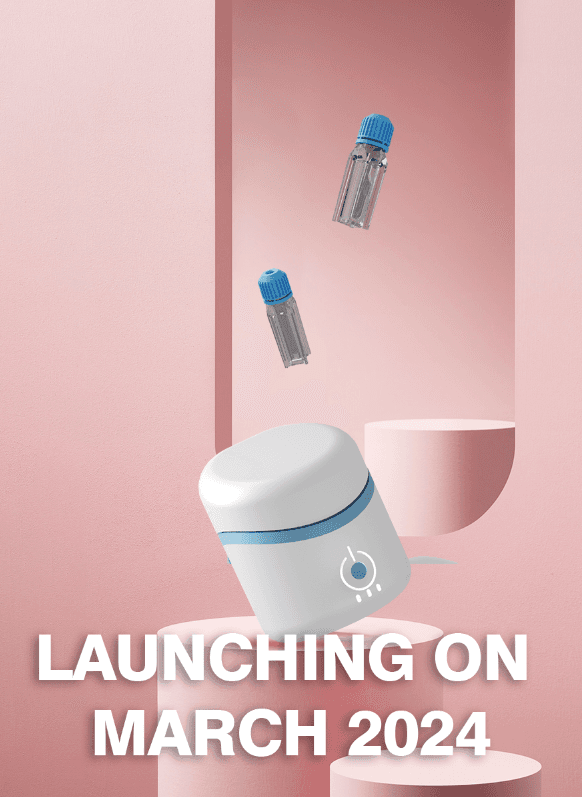
Safeguarding Children's Renal Health: A Comprehensive Guide for Parents
In the bustling city of Bangalore, a young boy named Nikhil (name changed for privacy) lived a life quite different from his peers. While most children his age were running and playing, Nikhil preferred to sit quietly, a choice not born out of preference but necessity. Behind his calm demeanor lay a battle with progressive kidney failure, a condition diagnosed only after years of subtle symptoms were overlooked. Nikhil's story is not just a narrative of personal struggle; it's a clarion call to parents and guardians about the silent prevalence of kidney diseases in children.
The Unseen Threat: Kidney diseases in children are an underrecognized menace. Despite being a critical health issue, it often goes unnoticed until it reaches advanced stages. Dr. Saumil Gaur, a consultant pediatrician and pediatric nephrologist at Rainbow Children’s Hospital in Bangalore, emphasizes that urinary tract infections (UTIs), often dismissed by parents as minor or isolated incidents, can be harbingers of underlying kidney diseases.
Common Myths Uncovered: Nikhil's repeated urinary infections were initially attributed to public toilets, a common myth that Dr. Gaur wishes to dispel. "Public toilets are not the primary villains they are made out to be," he says, stressing that attributing all UTIs to them can dangerously delay seeking proper medical advice and treatment.
Types of Pediatric Kidney Diseases: Dr. Gaur and Dr. Vishwanath S, from Manipal Hospital in Bangalore, outline the most common kidney diseases in children: urinary tract infections, nephrotic syndrome, and congenital abnormalities like posterior urethral valve obstruction. Each of these conditions presents unique challenges but shares a common thread—the necessity of early detection for effective management.
Nikhil's Journey: Returning to Nikhil's story, his reluctance to walk or play, attributed to laziness, was, in fact, a sign of his body's battle with kidney failure. It wasn't until he was 10 years old that a proper diagnosis was made, illustrating the critical need for awareness and timely medical intervention.
Expert Insights: Experts like Dr. Vishwanath and Dr. Ashiq Raval, director of urology and kidney transplant at Nanavati Max Super Speciality Hospital in Mumbai, contribute their insights on the diagnosis and treatment options available for pediatric kidney diseases. They emphasize that while some conditions like posterior urethral valve obstruction can be corrected with surgery, others require long-term management.
Recognizing the Early Signs:
Kidney diseases in children can manifest in ways that are easy to overlook. Dr. Saumil Gaur emphasizes the importance of being vigilant about urinary infections as they can often signal underlying kidney issues. Parents should watch for:
- Puffiness of the eyes and body, especially noticeable in the morning.
- Discomfort or pain during urination.
- An unusual increase in the frequency of urination.
- Presence of blood in the urine, high blood pressure, and stunted growth.
- These signs might be subtle, but they are clear indicators that a child's kidneys may not be functioning properly.
Preventive Measures and Lifestyle Choices: The importance of preventive measures, such as maintaining hygiene, encouraging regular fluid intake, and the need for regular medical check-ups for children with frequent UTIs or genetic predispositions to kidney diseases. Dr. Raval underscores the role of healthy lifestyle choices by parents before and during conception in mitigating the risk of kidney diseases in children.
The Road Ahead for Nikhil: Nikhil, who is now awaiting a kidney transplant. His story serves as a poignant reminder of the consequences of delayed diagnosis but also a beacon of hope for other children facing similar challenges.
Conclusion: while daunting, can be managed with early detection, proper medical care, and lifestyle adjustments. Parents are urged to heed the early warning signs, debunk common myths, and advocate for their children's health, ensuring that stories like Nikhil's become less common in the future.
Takeaways
- According to experts, kidney diseases can affect children, and parents should address the situation if their children experience repeated episodes of urinary infections.
- Early signs of renal issues in children include pain while urinating, frequent urination, excess body weight and blood in the urine.
- Early detection of renal complications can help prevent kidney failure.
- Lifestyle choices of parents, which include exercising regularly, following a balanced diet and avoiding toxin exposure, can help prevent or reduce the severity of kidney complications in their child.

